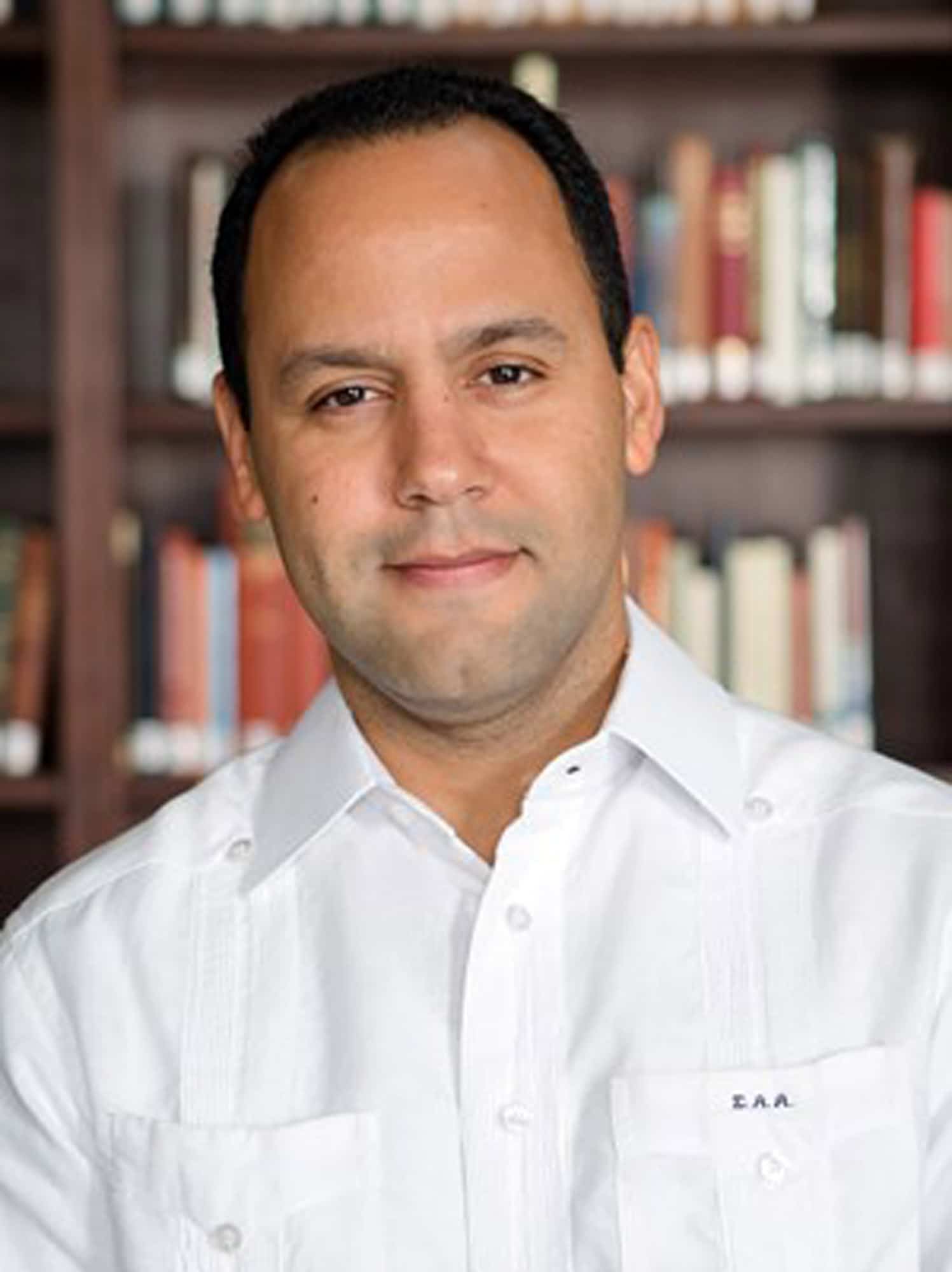NASHVILLE—Months before the start of the 2016 ERLC National Conference leadership within the Southern Baptist Convention’s public policy entity, along with like-minded organizations, had already voiced their concerns about the two would-be presidential candidates. No shouts of “Rome is burning” rang out in the convention hall Aug. 25-27, but the terms “dumpster fire” and “presidential election” were used interchangeably.
On the eve of an election that arguably offers two of the most unpopular presidential candidates in U.S. history, religious liberties are threatened, Christianity is marginalized or vilified, and some Christians blur the lines between religious and political fervor. Although speakers often painted a bleak picture, they encouraged Christians to view the election and its aftermath as an opportunity to present the distinct and hopeful message of the gospel.
“A lot of Christians [are] not seeing themselves adequately [represented] in the political space as it is [and are] now coming forth with a distinctly Christian witness and rhetoric,” said Steve Harris, ERLC director of advocacy. “They’re saying, ‘I’m not tethering my Christian identity to any political ideology because that taints the witness.’”
Speakers posited that the presidential offerings may indicate that the church has gone far afield from its Acts 1:8 commission. They said faith in a political party to fix problems and promote the common good exemplified American Christians’ dereliction of duty.
During the panel discussion “2016 and Beyond: Reshaping Evangelical Political Engagement,” Bruce Ashford noted that in Augustine’s The City of God, pagan intellectuals, philosophers and politicians blamed Christians for the crumbling Roman Empire.
“Augustine responded that Rome’s politics, philosophy and religion were corrupt on their own. It is Rome’s corruption that was at fault, and that Rome needed Christianity more than ever,” said Ashford, provost and professor of theology and culture at Southeastern Seminary.
“As I see it, every modern political ideology has idols lurking underneath.”
Other speakers repeated the allusion to cultural idols and suggested too many American Christians have sought to influence culture through politics instead of the gospel.
People too often find their sense of identity in their political affiliations and assess others by the same standard, establishing “us” versus “them” strongholds, ERLC President Russell Moore said.
“Politics across the board, from the far left to the far right, has become a religion. It has become a kind of transcendent source of authority and a transcendent source of identity,” Moore said during a panel discussion titled “2016 and the Future of Evangelical Politics.”
Just as a Christian’s faith and fidelity to Scripture should inform all areas of cultural engagement from the arts, business, education, and more, one’s political involvement should be tempered by the truth and grace of the gospel.
But in an attempt to expedite cultural change Christians have, via their preferred political party, elected people who promised make changes on their behalf, which has created a lazy electorate, said David French, a veteran, attorney, and writer for National Review magazine.
“You are delegating the fight over fundamental values to somebody else,” French said.
This pattern exemplifies a quest for control, which facilitates the construction of more idols, said Andy Crouch, executive editor of Christianity Today.
“The core diagnosis of culture—what’s gone wrong in the human story—is that the image bearers became idol makers,” Crouch said. “The ones who were meant to exercise authority and vulnerability and bring order and abundance to the world turned over that image-bearing responsibility to inanimate things that promised them something other than what they were actually given.”
Christian political engagement—mixing of the sacred and secular—requires diligent self-examination. Moore said, “We have to dethrone politics as a religion and source of identity while at the same time remaining engaged in our responsibilities as citizens, … including the political process.”
Moore and others argued that engaging in political speech, especially on the topics of marriage and human sexuality, has resurrected the myth that the Christians are to blame for society’s ills.
And those who do get blamed and find themselves in court often receive legal assistance from Alliance Defending Freedom (ADF). Erik Stanley, ADF senior counsel spoke of the increasing number of cases challenging religious liberty and freedom of speech.
“The public square is nothing more or less than a battleground of gods each vying to push the levers of power in its favor,” Stanley said, quoting author Jonathan Leeman. “Therefore churches do not need to take up arms against the state in order to pose a threat to the state. They only need to oppose the gods upon which a nation’s political and economic institutions depend.”
In the midst of those battles and the “dumpster fire” of a presidential election, conference speakers reminded the audience “rage is not a strategy, and despair is not an option.”
Jennifer Marshall, vice president of the Heritage Foundation, believes there is reason for hope.
“I think the positive trends are coming out of the toughest things facing us today,” Marshall said. “So the fact that we are being presented with the challenges to the understanding of the meaning of marriage [and] to what it means to be made in the image of God—male and female. These most basic things have been taken for granted for a long time in the culture and in the church. And, so, the challenges on these issues are causing many people to go back and to think through ‘why do we believe like we believe?’ It’s the good things that will emerge from this crucible.”




 RICHMOND, Va.—International Mission Board trustees approved the appointment of 27 new missionaries, five of them with ties to Texas, and announced a vice president of mobilization during their board meeting Aug. 23-24 near Richmond, Va.
RICHMOND, Va.—International Mission Board trustees approved the appointment of 27 new missionaries, five of them with ties to Texas, and announced a vice president of mobilization during their board meeting Aug. 23-24 near Richmond, Va.









